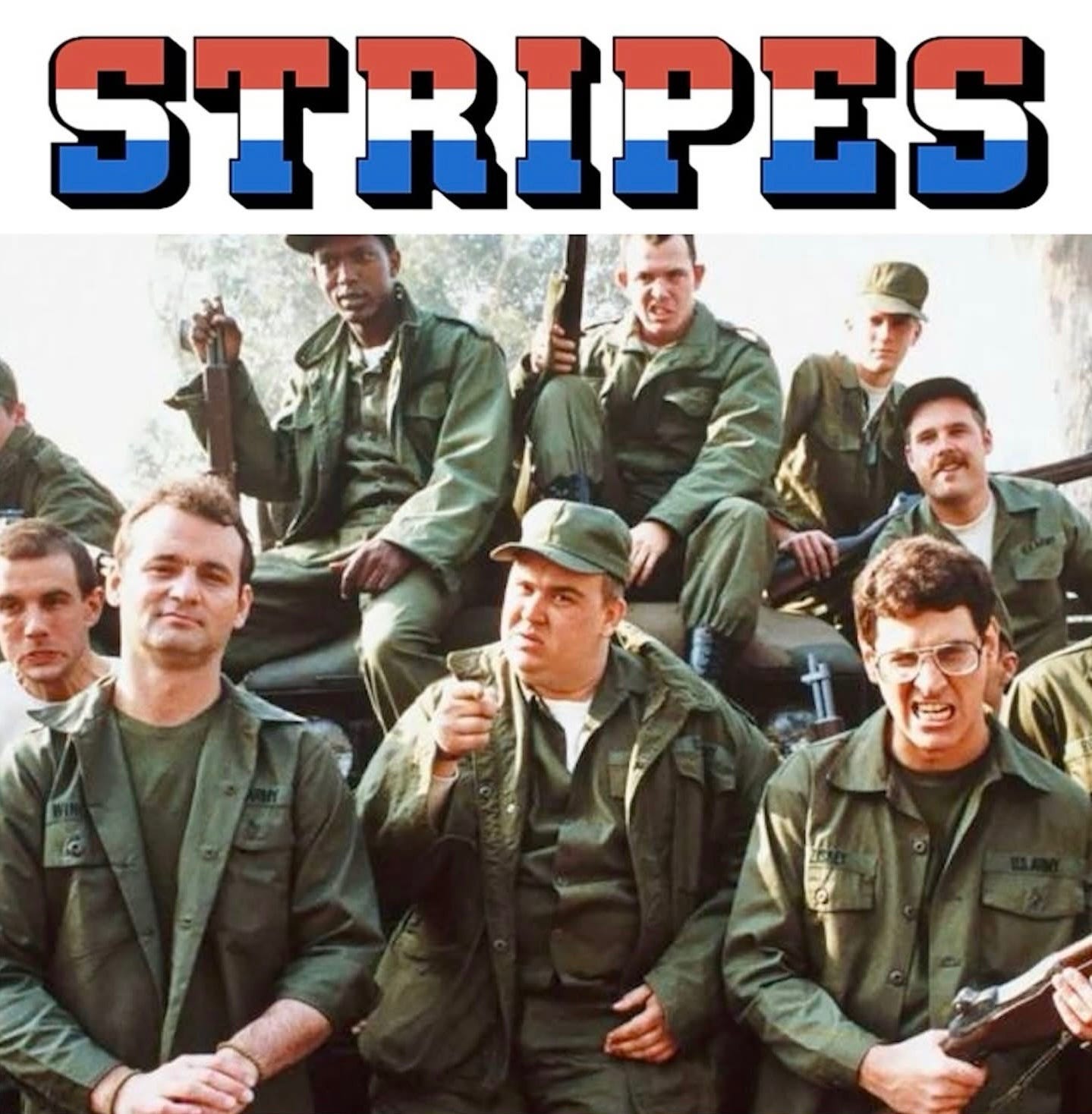Do Wah Diddy Diddy is inherently ridiculous, a song so aggressively cheerful it practically dares you to hate it. And yet, despite its bubblegum simplicity and monosyllabic absurdity, it’s a special kind of perfect. Manfred Mann’s 1964 hit (based on the ‘63 Exciters tracks) is a Labrador puppy: too enthusiastic to take seriously, but so relentlessly charming that you eventually surrender. You’re not supposed to think about Do Wah Diddy Diddy; you’re supposed to feel it - preferably while bopping down the street like you’re the main character in your own private musical. This is stupid fun distilled into its purest form.
That’s the point. Not every pop song needs to be a vehicle for introspection or a manifesto of existential despair. Sometimes, a pop song can just be… fun. Ridiculously, unselfconsciously, deliriously fun. Do Wah Diddy Diddy is fun to the point of stupidity, and in that stupidity lies its brilliance. The song doesn’t ask for much, just a few minutes of your time and a willingness to not take yourself too seriously. While we’re on the topic, no one ever, in any place anywhere will ever write anything as hilariously perfect as “Do-Wah-Diddy, Diddy-Dum, Diddy-Do.” That’s it. You can maybe match it, but you cannot top that. And writers the globe over wept.
It’s also a song that’s weirdly timeless. Yes, it’s a product of the early ’60s, when every other pop song seemed to be about walking down the street or falling in love with someone you’d just met, but there’s a universality to its silliness.
There she was just a-walkin’ down the street
Singin’ do-wah-diddy-diddy-dum-diddy-do
This is not profundity, but it is undeniably catchy. You’re humming the chorus before you even realize what’s happening. By the time you hit the second verse, you’re all in, grinning like an idiot and possibly clapping along. It’s a sonic sugar rush, impossible to resist, and probably bad for you, but who the fuck cares? You’re having a good time, no matter how silly your situation.
Do Wah Diddy Diddy isn’t a throwaway pop ditty. It’s a cultural artifact, a song that’s been immortalized not just on the charts but also in the pop culture canon. Case in point: Bill Murray’s epic march through the streets of a military base in Stripes. Murray’s ragtag group of recruits break into a spontaneous rendition of Do Wah Diddy Diddy during a drill. It’s absurd, it’s hilarious, and it’s perfect — a moment of pure, unfiltered joy in a movie that’s otherwise about how much it sucks to be in the Army. Murray embodies the chorus, turning its goofy optimism into a middle finger to authority. You can almost hear him thinking, “If we’re going to march, we might as well have fun doing it.”
And that’s why Do Wah Diddy Diddy is awesome: it’s a mood. It’s the musical equivalent of a sunny day or a surprise snow cone on a hot afternoon. It doesn’t need to be deep or complicated because it’s not trying to be. It’s just trying to make you happy, and in a world where so much music feels like it has to have some kind of message, that’s refreshing.
Consider the context in which this song originally existed. The British Invasion was in full swing in 1964, and The Beatles and The Rolling Stones were busy reinventing what rock and roll could be. Manfred Mann, by comparison, was decidedly less ambitious. They weren’t trying to change the world; they just wanted to make people dance, and with Do Wah Diddy Diddy, they succeeded. The song hit number one on both the U.S. and UK charts, proving that sometimes, all you really need is a catchy hook and a metric fuck ton of enthusiasm.
Do Wah Diddy Diddy is more subversive than it looks. On the surface, it’s just a silly love song, but underneath that veneer of innocence lies a profound commitment to not caring what anyone thinks. This is a song that’s too busy having fun to worry about being cool. In a way, that makes it a fine act of rebellion. In a world where everyone is obsessed with being ironic or detached or rebellious, Do Wah Diddy Diddy is unapologetically earnest. It’s a reminder that sometimes, the most radical thing you can do is just enjoy yourself.
Of course, not everyone appreciates this kind of unbridled optimism. Some people find the song annoying, and that’s fair. It’s not a song for everyone. It’s a song for people who don’t mind looking a little silly, who are willing to embrace the ridiculousness of life and maybe even dance down the street once in a while. It’s a song for people who aren’t afraid to have fun.
And really, isn’t that what pop music is all about? At its best, pop music is supposed to be a celebration of life, a reminder that sometimes, it’s okay to just be happy. Do Wah Diddy Diddy is that reminder, wrapped up in a two-and-a-half-minute package of pure joy. It’s the kind of song that can turn a bad day into a good one, or at least make you forget your problems for a little while.
Lean into Do Wah Diddy Diddy. Sing along. Clap your hands. Maybe even do a little dance. Don’t roll your eyes or change the station, because in a world that’s often way too serious, we could all use a little more stupid fun. Do Wah Diddy Diddy delivers that in spades. It’s a celebration. And that’s why it’s awesome.






The other thing that makes the Manfred Mann version so great is Paul Jones’ lead vocal - despite the song’s inherent goofiness, he plays it completely straight and gives it the full one hundred percent.
Let’s not forget Bruce Willis’s performance of the song in Moonlighting.
I once tried calling cadence with the song, and it did not go well. Larval JOs and PHs were confused.